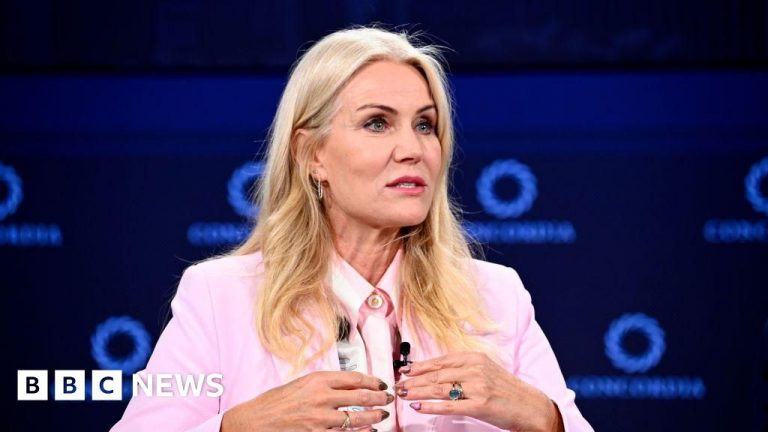Anti-corruption minister Tulip Siddiq has referred herself to the prime minister’s ethics watchdog over alleged links to a Russian deal with her aunt, the former Bangladesh prime minister, and properties linked to her political party.
Sir Keir Starmer said the economic secretary to the Treasury – who holds responsibility for financial crime and illicit finance – had “acted entirely properly” in referring herself to the independent adviser on ministerial standards, Sir Laurie Magnus.
The Labour MP has faced calls for an investigation following reports she lived in properties in London linked to allies of her aunt, Sheikh Hasina, the deposed prime minister of Bangladesh.
She is also named with her aunt in Bangladesh court documents about meetings with the Russian government.
Sir Keir said: “Tulip Siddiq has acted entirely properly by referring herself to the independent adviser, as she’s now done, and that’s why we brought into being the new code.
“It’s to allow ministers to ask the adviser to establish the facts, and yes, I’ve got confidence in her, and that’s the process that will now be happening.”
Ms Siddiq insists she has “done nothing wrong”.
She had been due to join a delegation heading to China this week, but will now stay in the UK as she fights to clear her name.
Her aunt was ousted from office in August following an uprising against her 20-year leadership and fled to India.
Ms Hasina is facing an investigation by an anti-corruption commission.
In a court writ submitted to Bangladesh’s High Court, seen by Sky News, Ms Siddiq is named with her aunt as allegedly brokering a 2013 deal with Russia for the Rooppur nuclear power plant.
The documents, submitted by a political rival of Ms Hasina’s, cite an online news report from August and suggest Ms Siddiq received embezzled funds from the artificial inflation of construction costs of the power plant – which was mainly funded by the Russian government.
It is alleged $5bn (£3.9bn) was siphoned off from the project’s budget “in collusion with Russian officials”.
Ms Siddiq’s decision to refer herself to the ministerial standards watchdog also comes after The Sunday Times and Financial Times reported she had lived in properties linked to her aunt’s regime.
The Sunday Times reported Ms Siddiq used a flat in Hampstead, north London, which had been given to her teenage sister by lawyer Moin Ghani, who represented the Hasina government.
She had also used a flat in King’s Cross given to her by Abdul Motalif, an associate of members of the Awami League party, according to the Financial Times.
Read more:
Starmer reacts to Musk grooming gang accusations
New private healthcare partnership to help cut NHS waiting times
In her letter to Sir Laurie, Ms Siddiq said: “In recent weeks I have been the subject of media reporting, much of it inaccurate, about my financial affairs and my family’s links to the former government of Bangladesh.
“I am clear that I have done nothing wrong.
“However, for the avoidance of doubt, I would like you to independently establish the facts about these matters.
“I will obviously ensure you have all the information you need to do this.”
Conservative shadow Home Office minister Matt Vickers said: “It is disappointing that Keir Starmer has allowed scandal in his government to overshadow today’s announcement [about NHS waiting times].
“There are clear questions for his friend and anti-corruption minister Tulip Siddiq to answer about allegations made about her.
“She must be held to the same standards as other ministers in his government, indications so far show that that may not be the case.”


























+ There are no comments
Add yours